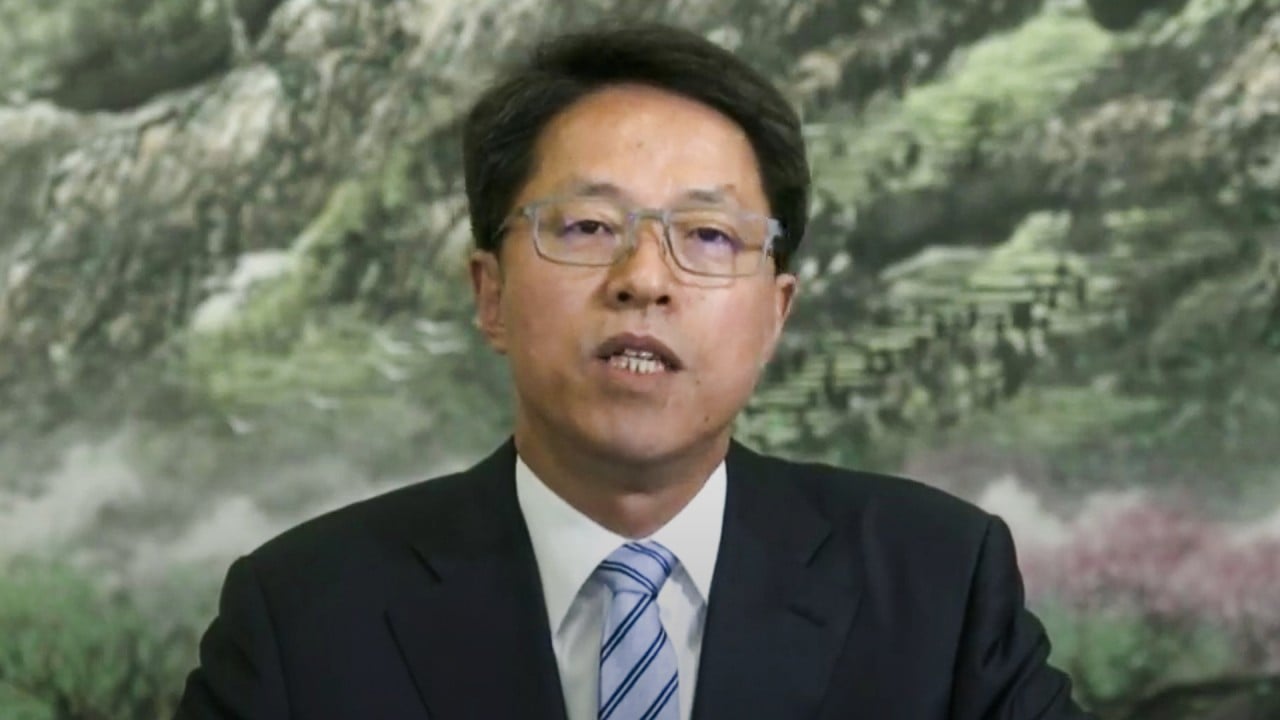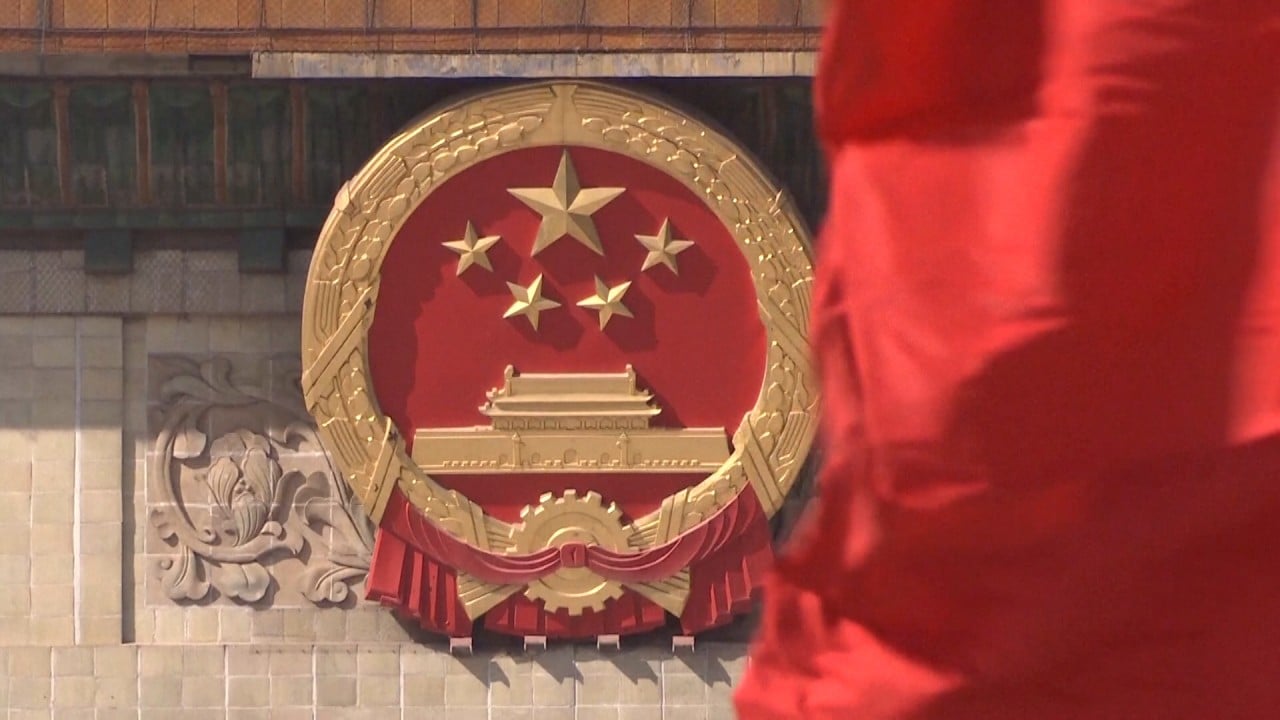
National security law: Hong Kong courts should have full jurisdiction over prosecutions, political heavyweights say
- Former Legislative Council president Jasper Tsang calls for jurisdiction to reside with Hong Kong judges, with law not applying retrospectively
- Executive councillor Ronny Tong backs principle that Beijing law imposed on Hong Kong will have the safeguards of local judicial system
Hong Kong courts should have full jurisdiction over all prosecutions under the national security law Beijing is imposing on the city and the legislation should not be applied retroactively, according to two senior political figures.
What Beijing’s national security law for Hong Kong covers, who should worry?
“Many violent incidents that have occurred since last year are irrelevant to the issue of national security. Not everyone throwing petrol bombs is acting to endanger national security,” Tsang said in a seminar organised by the pro-establishment Asia Pacific Law Association (APLA).
“Although one of the reasons to enact the law is to restore social order, it is not the main cause,” he stressed.
Speaking at the forum too, senior counsel Ronny Tong Ka-wah, an executive councillor on Hong Kong leader Carrie Lam Cheng Yuet-ngor’s de facto cabinet, emphasised the need for the law to be subject to the safeguards embedded in Hong Kong’s judicial system.
It should also comply with standard common law principles such as trial by jury, in front of judges with no restrictions on their nationality, he said.
However, Tong noted that even democratic countries would not have open trials for certain national security cases, adding that was accepted under the international human rights bill.

03:18
Hong Kong’s national security law is like ‘anti-virus software’, top Beijing official says
On the issue of thwarting foreign interference, Tsang conceded he had no concrete evidence of such meddling in the protests which broke out in June last year over the now-withdrawn extradition bill. But he pointed out that senior US politicians, including the vice-president, had said they stood with Hong Kong in support of the anti-government demonstrators.
“It is a move [the law] that Beijing thinks it has to take as part of the game with the United States. The reason why the social unrest has endangered national security lies with foreign interference,” Tsang said.
“The national security law is to stamp out a Hong Kong-style colour revolution,” he added, citing the commonly-used phrase to describe movements aiming to overthrow governments often with the help of outside forces.
“Wouldn’t it be surprising if the Central Intelligence Agency was not doing its job operating in Hong Kong?” he asked, noting a former US consul general had once proudly told him the US had overthrown certain authoritarian regimes and replaced with democratic ones. He did not name the diplomat.
What Beijing’s national security law for Hong Kong covers, who should worry?
China’s top legislative body, the National People’s Congress Standing Committee (NPCSC), has scheduled a three-day meeting from Thursday, implying the details of the law could be crafted – or even passed – by the end of next week.
Under the legislation, the Hong Kong government will also be required to set up new institutions to safeguard sovereignty, while allowing mainland agencies to operate in the city as needed.
Opposition politicians and critics warn the law could be used to suppress dissent and erode freedoms.
But Tsang said Hong Kong’s courts should have full jurisdiction over the national legislation, which should also comply with the principle the law would not be applied retrospectively.
In his remarks, Tong described the incoming law as a stick, adding that it would not be enough to “teach a child well”.
Hong Kong tycoon Michael Kadoorie backs national security law
“From what I understand, after the stick, some carrots are expected to be rolled out,” Tong said. “I hope to see some ‘soft’ gestures and policies to allow Hong Kong’s second handover.”
In a pre-recorded speech broadcast as part of the APLA event, Maria Tam Wai-chu, a Beijing loyalist and vice-chairwoman of the Basic Law Committee, said the protection of national security went beyond the roles of average local police officers, so an effective enforcement mechanism must be established with the help of mainland agents.
Tam said officers would need to undergo more professional training and develop an international outlook so they could fulfil the task of protecting national security.

02:23
Beijing remains ‘very firm’ on national security law for Hong Kong, says city’s leader Carrie Lam
Meanwhile, the Civic Party said they had been lobbying the European Union to relax visa restrictions to Hongkongers in face of the national security law, amid concerns it could effectively criminalise all forms of dissent and opposition activity.
The suggestions include an extension of the visa-free period, lowering the threshold allowing Hong Kong passport holders to work and study there, and promising criminal offences recorded during the anti-government protests would not affect visa applications.
Fighting for more rights for visa holders was also the job of the government, party leader Alvin Yeung Ngok-kiu said, as he brushed aside allegations the intervention amounted to “colluding with foreign forces”.

